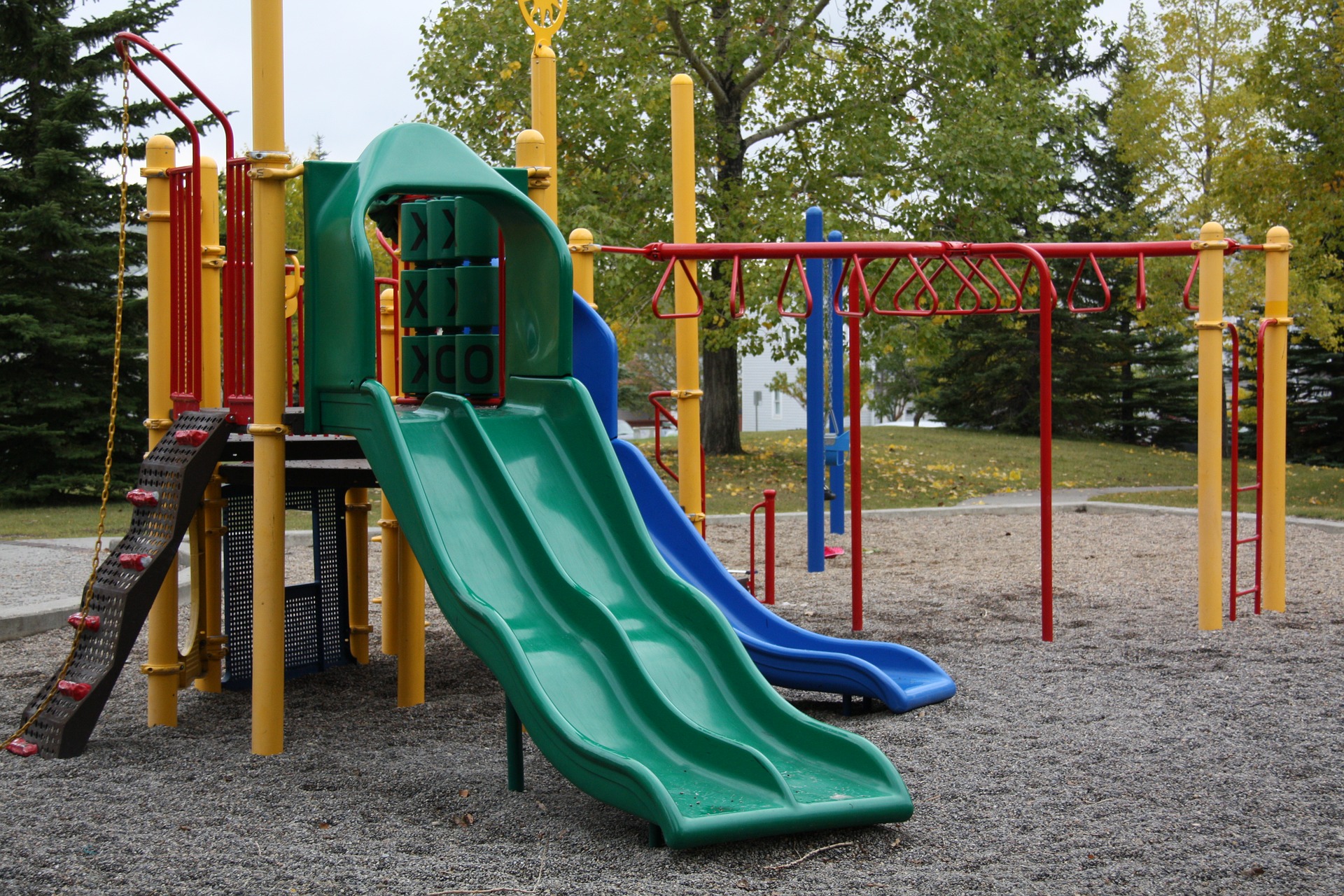One of the questions I get asked most frequently as the school year comes to an end is
What can we do over summer break to keep our children from forgetting what they learned during the school year?
Oh, the dreaded “summer slide.” It’s one of the reasons I loved the year round schedule used at one of the schools where I taught. I’d like to rephrase and reframe that question just a bit.
One of the major beliefs I have is that students should be learning math at a conceptual level. Understanding a concept at its core means that you never have to remember what you learned. The learning becomes part of you. Think about tying your shoes or riding a bike. Once you learn these skills you are not likely to forget how to do them. Granted, these are skills and not concepts, but you get the idea. My point here is that when students learn core concepts they are unlikely to fall behind over the few weeks of summer vacation. Learning procedures is a different story. With so many possibilities for how to get from one place to another and with such a variety of ways a concept arises in problems, the steps involved in a specific procedure may very well be lost without practice. {For my thoughts on procedures, check out my post, What is Math, Anyway?}
This brings me to the rephrase of the question.
How can we keep children thinking during summer break?
The goal of education is to produce independent thinkers who are able to solve problems in the world. We often learn to solve a problem, right? Have you ever needed to know how to cook a turkey or wanted to get the best deal on something you were looking to buy? What did you do? My guess is that you found resources that could help you learn how to cook that turkey and where to go to buy that item. These resources could have been your friends, the internet, the sale ads in the newspaper, your grandmother’s recipe box, or any number of other sources of information relevant to your situation.
You had a problem.
You found ways to educate yourself in order to solve your problem.
If you, too, are wondering how to keep the kiddos thinking during summer vacation, here’s my advice. Ask them to solve their own problems as they arise in daily life and create interesting questions for them to answer.
As parents, we often rush to solve the problems our children run into. “I can’t find my shoes.” or “I need money to go to the movies.” are relatively easy problems for kids to solve. Instead of running around to find the shoes or handing over the cash, ask them what they can do to fix the situation. These are just a couple of very simple examples of the hundreds the may occur in a given day or week.
Creating interesting questions for your children to answer might feel a bit overwhelming at first. It can be as simple as “What’s the tallest tower you can build out of {these materials}?” or as complex as “How can we make a positive impact on our neighborhood?”
The important part with problem solving is to allow children the space to try out their ideas without telling them it won’t work or how you would do it. They try something. If it works, great! If it doesn’t work, then regroup and try something else.

If you are concerned about your child losing the ability to think and use numbers, then build in some number talk during the day. Or check out Math Before Bed, a website full of ideas about how to include math thinking in your regular routine.
The thing I don’t suggest is more school during the summer. Workbooks and worksheets or “math” games (digital or otherwise) that may or may not provide any real educational value might just add to or create other problems that will have to be addressed during the coming school year.
What are some ideas you have for keeping kids learning and thinking over breaks? What are other concerns you have for summer learning?



